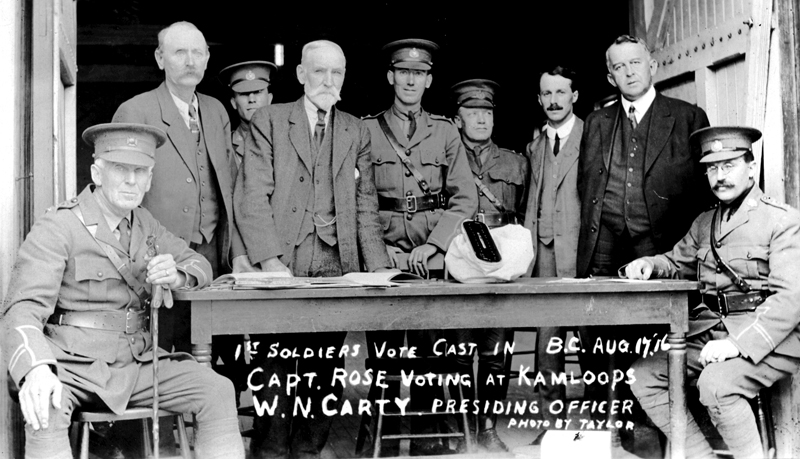The Constitution Act, 1982, provides that the federal House of Commons and provincial legislatures cannot meet for a period of more than five years without an election. This Act and B.C.'s provincial Constitution Act, 1996, require that they must also meet at least once per year. The period of time between general elections is known as a Parliament.
In the Westminster tradition of Parliament, elections can be held whenever the Prime Minister or Premier consider it appropriate, so long as it is within the five year limit of the constitution. It is for this reason that the length of many Parliaments has varied so much in British Columbia. However, this traditional approach to elections has changed. In 2001, the Legislative Assembly passed the Constitution (Fixed Election Dates) Amendment Act, 2001, so that the province now has fixed election dates every four years. As outlined in the Constitution Act, a general election must be held on the third Saturday in October every four years following the previous general election date. The Premier must still formally ask the Lieutenant Governor to dissolve the Legislative Assembly before the election period can begin.
An election may also be called before the fixed election date if the government loses a vote of confidence in the Legislative Assembly. If this occurs, the Premier may resign and the Lieutenant Governor would ask an opposition party to form a new government. The Lieutenant Governor may consider this option if there has very recently been an election and there is a chance of another party gaining the confidence of the Legislative Assembly. This recently happened in B.C. following the general election in 2017, where no party received a majority of seats. Likewise, if the Lieutenant Governor is not satisfied that another party can win the confidence of the Assembly, they may also dissolve the Assembly, which will cause a new provincial general election. Alternatively, if the government loses a vote of confidence, the Premier can also request that the Lieutenant Governor dissolve the Legislative Assembly to begin a new general election.
Another type of election is a by-election, which is held in constituencies where the seat has become vacant through the resignation, retirement, death, or recall of the incumbent (or sitting) MLA.

B.C.’s eighth Parliament was the shortest on record, lasting from January 5, 1899 to April 10, 1900. The longest was the 36th, which lasted from June 25, 1996, to April 11, 2001.
